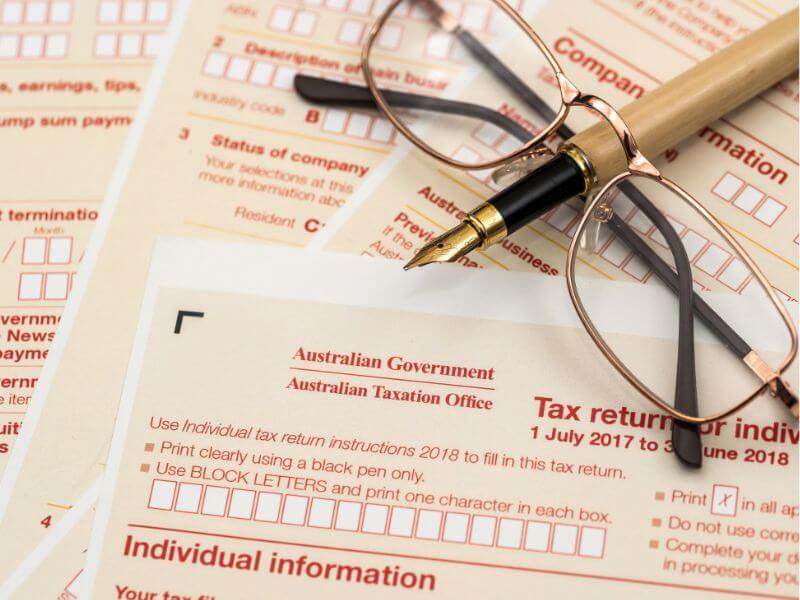What is a Section 32 statement?
Before a property is sold, the vendor must give the purchaser a Vendor statement also known as a “Section 32 statement”. It is referred to as a Section 32 statement as the information it must contain is set out in Section 32 of the Sale of Land Act 1962.
What should be in a Section 32?
The Section 32 statement contains information about the property’s title, including the following:
-
Title details
-
Covenants, easements and any other restrictions on title
-
Statutory warnings
-
Notice or order issued by the authorities
-
Financial matters i.e. mortgage or charges over the land
-
Whether there is access to the property by road
-
Building permits issued in the past 7 years
-
Particulars of owner-builder warranty insurance details
-
Outgoings payable by the vendor (for example, rates, water access charges, owner’s corporate levies and land tax)
-
Planning information i.e. where zoning restricts land use
-
Information relating to any owners corporation
-
Growth areas infrastructure contributing details
-
Declaration if located in a bushfire-prone area
-
Disclosure of non-connected services
-
Due diligence checklist
It must be factually accurate and complete. If it contains incorrect or insufficient information, a purchaser may be able to withdraw from the sale or take legal action.
How long does a Section 32 take to prepare?
To enable us to prepare a vendor’s statement, we will require to obtain searches i.e. rate information certificate, water information certificate, land tax certificate, owners corporation certificate etc. It depends on the relevant authority but generally takes between 5 – 14 business days to complete.
How long does a Section 32 last?
A Section 32 statement must be current upon the purchaser signing the contract of sale. Whether the information is out of date depends on factors for example:
-
Council and Water authorities issue new rates every financial year and the rates may increase.
-
A new land tax clearance certificate is issued every 1st January.
A vendor is advised to check the Section 32 statement just before entering into a contract of sale, to ensure that the information remains the same and/or correct as of the day of sale. If you are not sure about the information or whether it’s accurate, then the Section 32 should be updated and/or certificates must be replaced.
What should a purchaser be aware of?
Here are some key points in the vendor’s statement to look for:
-
Title registration details: Whether the vendor has the right to sell the property. The title registration details will contain any mortgage, covenant and/or charges over the property. A covenant is a restriction on how the land may be used. For example, a covenant may state that the owner promises not to construct more than one dwelling on the property if the land has road access.
-
If the property is being rented out, the Section 32 statement must contain a copy of any existing lease agreement.
-
Road access must be disclosed.
-
Outgoings certificate provides information on the rates, water and land tax payable on the land.
-
Plan of subdivision: The document discloses any information, covenants or restrictions on land use. An easement is a right for the use of the land by a third party. For example, the council/water authority may have an easement for the use of a drainage or sewerage pipe.
-
Property in a bushfire-prone area must be disclosed.
-
Services that are connected to the land must be disclosed.
-
Planning certificate/Property report contains information about how the land is zoned and how the council will allow it to be used i.e. residential, commercial or mixed purpose.
-
Information on building permits issued in the past seven years.
-
Owners Corporation certificate which must be included in the Section 32 statement if the property is an apartment, unit or townhouse.
-
Whether there is any approved public authority or government proposal that could affect the land.
The purchaser is encouraged to obtain legal advice from a solicitor before signing the contract.
Sale of Land Amendment Bill 2019 – Legislation update news
The Sale of Land Amendment Bill 2019 will strengthen the existing requirements for the Vendor/Real Estate Agents to disclose material facts about a property and enable guidelines to detail what a material fact is likely to be. The Director of Consumer Affairs Victoria may make guidelines to assist Vendors of land and their agents to understand what a material fact is likely to be for the purposes of Section 12(d) of the Sale of Land Act 1962. For example, a property’s past history as a clandestine drug laboratory or the site of a homicide.
The changes implement key outcomes of the Consumer Property Law Review’s examination of the Sale of Land Act 1962.
This article is intended to provide general information only and is not a substitute for legal advice..





